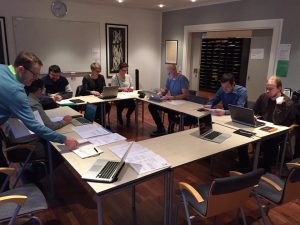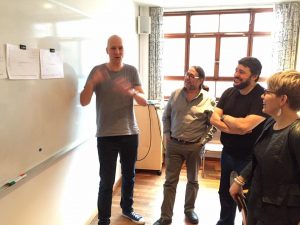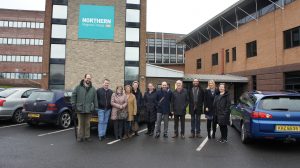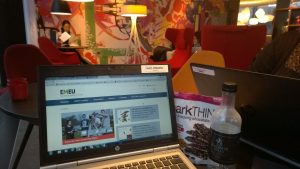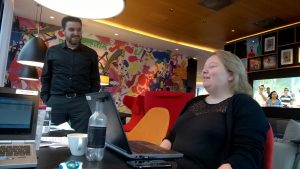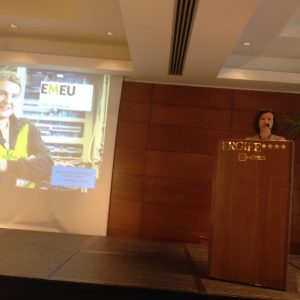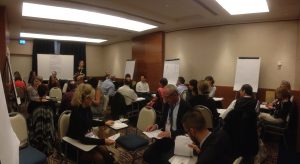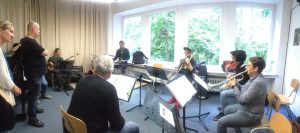In the modern workplace, digital skills are highly valued; in the future, digital skills will be vital. The digital age is expanding into all areas of our lives, and it is not just those who work in IT that will need to be alert of this change.
Five VET-schools, partners in the LINK network, are currently creating a project-plan about „digitalization and quality in Vocational Education and Training (VET)“, with the focus on the needs and requirements of the labour market and the education of young professionals in various fields. This project is called LINK 3.
Because „digitalization“ is such a huge task and slogan in every country around Europe at the moment, we are establishing an Erasmus+ Project under the programme structure of Key Action 2 – strategic partnerships – which allows us, to share good practice examples, develop our quality in digitalization and implement innovative education methodologies and concepts with the focus of „digitalization“.
During the last five years the core partners have worked together in the field of media design and production in two Erasmus+-Projects: LINK 1 and LINK 2 – both projects has been highly respected by the EU-Commission and the Swiss National Agency. The project results have been of high value for all the project partners (see also www.thebestlink.org).
The project partners are Jyväskylä College/Jyväskylä Educational Consortium, Jyväskylä-Finland, Amisto Vocational College, Porvoo-Finland, Hansenberg, Kolding-Denmark, IES Puerta Bonita, Madrid-Spain and the Vocational Education and Training School of St.Gallen, Switzerland (GBS). We are currently in discussion with two more VET schools and two VET teacher training colleges as possible project partners.
A preparatory meeting to prepare the porposal was held 19-20 January 2017 at NEXT in Copehagen. Jyväskylä Educational Consortium was represented by Hanna Rajala, (ICT & quality) and Rea Tuominen, International Coordinator. The proposal will be submitted by the end of March 2017 by Hansenberg College in Denmark.
More information: Rea Tuominen (at)jao.fi
Photo credit: Daniel Kehl
